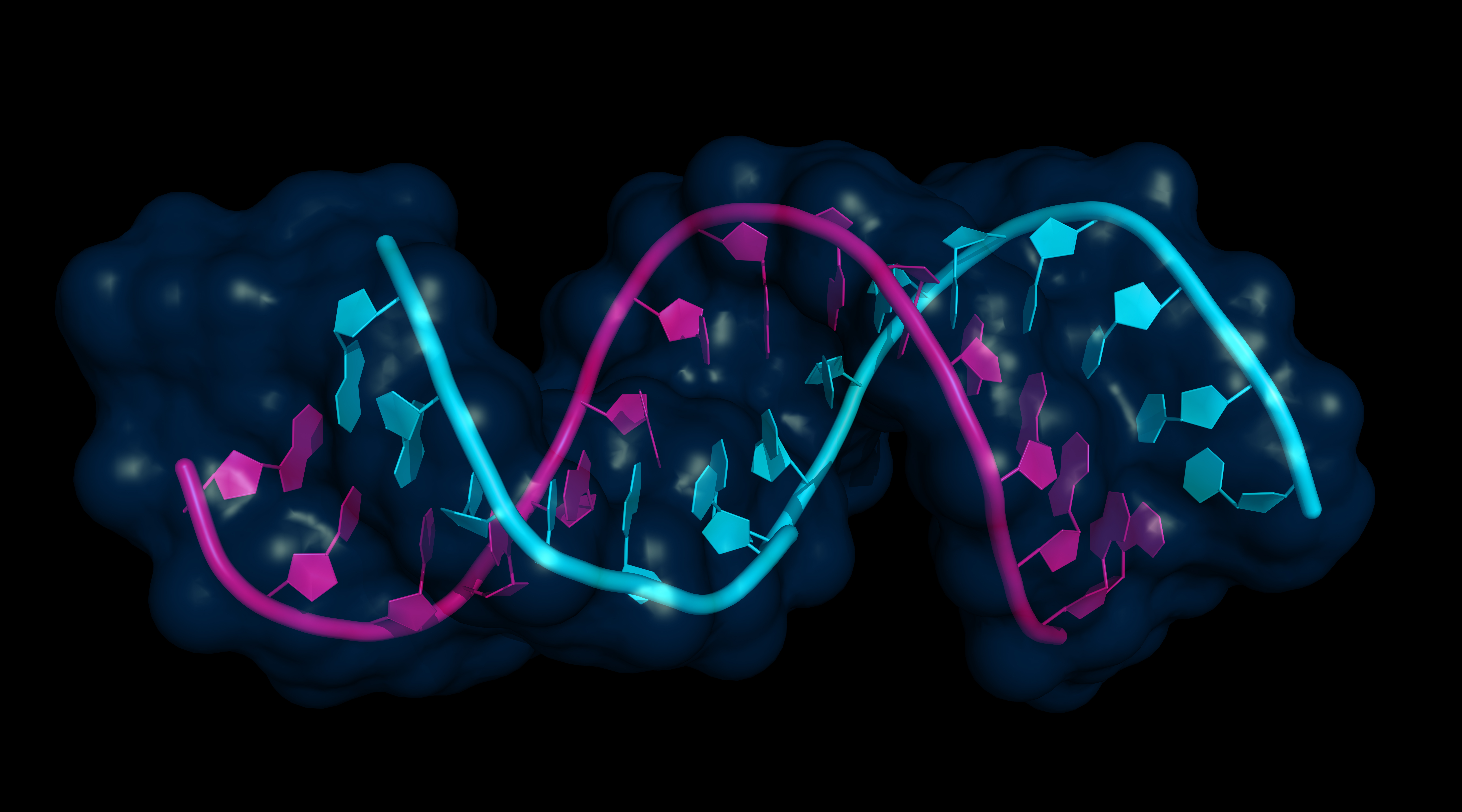miRagen Therapeutics’ Anti-Fibrosis Drug Candidate Starts Clinical Testing
Written by |

miRagen Therapeutics, Inc, a biopharmaceutical company working to develop microRNA-based therapeutic agents for a range of diseases, recently announced the initiation of a Phase I clinical study assessing MRG-201, the company’s lead anti-fibrotic candidate, in healthy patients. The study has the potential to be extended to patients with cutaneous scleroderma.
MRG-201 has been previously shown to reverse fibrosis in a mouse model of pulmonary fibrosis. It is a synthetic microRNA mimic (promiR) to microRNA-29b, part of a family of microRNAs (miRNAs) known to be powerful negative regulators of gene expression related to extracellular matrix deposition. The three main mature miRNAs in this family are under-expressed in several diseases with a pathological fibrotic component, such as systemic sclerosis (scleroderma), and cardiac, renal and pulmonary fibrosis. A number of cell culture in vitro and animal in vivo studies have demonstrated the potential of miRNA-29 molecules in the reduction and treatment of disease-causing fibrosis.
The Phase 1 trial will test the safety, tolerability, and dose-range of of MRG-201 in comparison with a placebo, and is the first step in its potential development as a treatment for fibrotic cutaneous diseases and other fibrotic pathologies, including scleroderma.
William Marshall, Chief Executive Officer of miRagen Therapeutics, said of the announcement in a press release, “As a company dedicated to improving human health through the discovery and development of innovative RNA-targeting therapies like MRG-201, we are excited by this event. The initiation of this clinical trial advances a potentially important new therapy for patients suffering from pathological fibrosis and is an example of our focus on areas of high unmet medical need.”
The potential role of miRNA-29 in pathological fibrosis was first identified by researchers at miRagen in a partnership with Dr. Eric N. Olson’s research team at the University of Texas Southwestern Medical Center. miRagen Therapeutics, which has in-house expertise in miRNA biology and oligonucleotide chemistry, is in the second year of a grant to explore developing MRG-201 as a possible treatment of progressive lung fibrosis. That work is being done in collaboration with Yale University and with a Centers for Advanced Diagnostics and Experimental Therapeutics grant from the National Institutes of Health (NIH).





